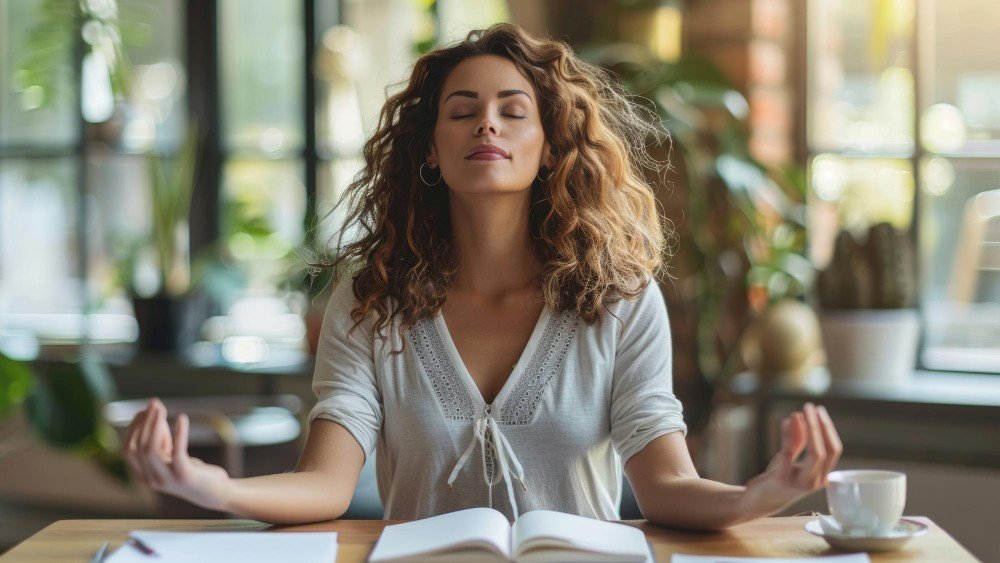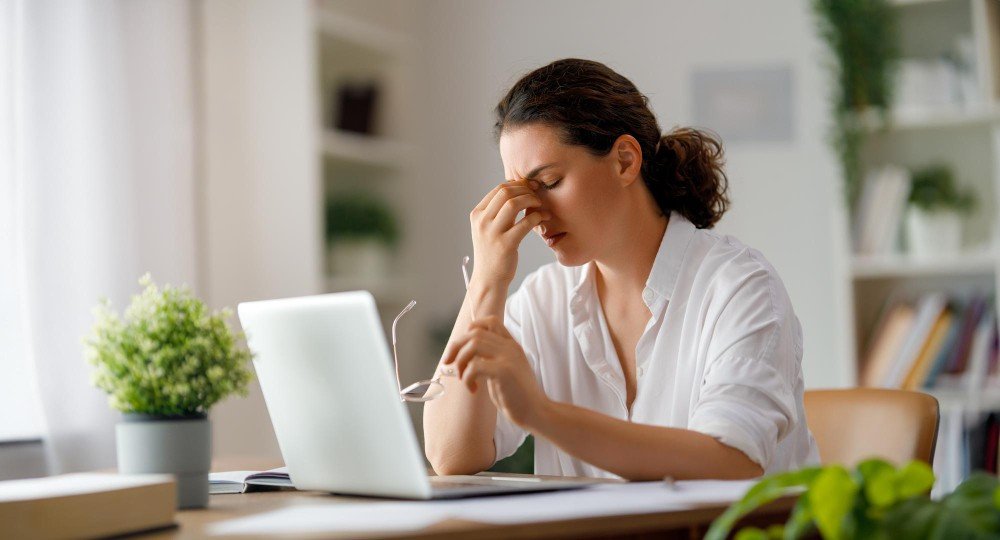Selecting the Right Massage Therapist for Your Stress Needs
Selecting the right massage therapist to cater to your stress-relief needs is a crucial decision that can significantly impact the effectiveness of the treatment. When choosing a massage professional, consider factors such as their qualifications, experience, and expertise in techniques specifically designed to alleviate stress and promote relaxation. A well-trained therapist who specializes in stress relief can offer personalized sessions tailored to your individual needs, ensuring a more targeted approach to reducing tension and promoting tranquility.
Another essential aspect to consider when selecting a massage therapist for stress relief is their communication style and ability to create a comfortable and trusting environment. Effective communication between you and your therapist can enhance the overall experience and promote a deeper sense of relaxation during the session. Additionally, a therapist who listens attentively to your needs and preferences can adjust their techniques accordingly, providing you with a more customized and beneficial treatment for relieving stress and promoting well-being.
Factors to Consider when Choosing a Massage Professional
When selecting a massage therapist for your stress relief needs, it is crucial to consider their qualifications and certifications. A reputable massage professional should have completed a recognized training program and obtained relevant licenses. Additionally, it is beneficial to inquire about any specialized training or areas of expertise the therapist may have, especially if you have specific stress-related issues that you want to address through massage therapy. Ensuring that the massage therapist has the necessary skills and knowledge will help you feel more confident in their ability to provide effective stress relief.
Another important factor to consider when choosing a massage professional is their level of experience. Experienced therapists are often more adept at identifying areas of tension and applying appropriate techniques to alleviate stress and promote relaxation. You may want to ask about the number of years the therapist has been practicing, as well as any feedback or testimonials from previous clients. A seasoned massage professional is likely to have a deeper understanding of different massage modalities and how they can be tailored to meet your individual stress relief needs.
Creating a Relaxing Environment for Effective Stress Relief
Creating a relaxing environment is essential for effective stress relief during a massage session. The ambiance plays a crucial role in enhancing the overall experience and promoting a sense of tranquility. Factors such as lighting, temperature, and cleanliness contribute significantly to creating a comfortable space for clients to unwind and destress.
Additionally, the use of calming scents and soothing music can further elevate the relaxation experience. Aromatherapy, in particular, has been shown to have therapeutic benefits in reducing stress and anxiety levels. By incorporating pleasant fragrances and soft melodies into the massage environment, clients can immerse themselves in a sensory-rich atmosphere that promotes deep relaxation and rejuvenation.
Importance of Ambiance in Enhancing the Massage Experience
When it comes to enhancing the massage experience, the ambiance plays a crucial role in creating a soothing and relaxing environment. The setting in which the massage takes place can significantly impact the overall effectiveness of the treatment. A dimly lit room with soft, calming music and pleasant scents can help to transport the individual into a state of tranquility, allowing them to fully benefit from the therapeutic effects of the massage.
The importance of ambiance lies in its ability to set the tone for the entire massage session. By paying attention to details such as lighting, decor, and overall atmosphere, a massage therapist can create a space that promotes relaxation and stress relief. Clients are more likely to fully unwind and let go of tension when they are surrounded by a serene environment that appeals to the senses and fosters a sense of peace and well-being.
Incorporating Aromatherapy and Relaxing Music in Your Massage
Aromatherapy and relaxing music are valuable components that can greatly enhance the effectiveness of a massage session in alleviating stress and promoting relaxation. Aromatherapy involves the use of essential oils such as lavender, chamomile, or eucalyptus, which are known for their calming and soothing properties. When these essential oils are diffused into the air or applied to the skin during a massage, they can help create a serene and tranquil atmosphere that encourages deep relaxation.
Similarly, incorporating relaxing music into a massage session can further amplify the benefits of the treatment. Soft, calming melodies can help to drown out external noises and distractions, allowing the individual to fully immerse themselves in the experience. The rhythmic patterns and gentle tones of relaxing music can also help relax the mind and body, promoting a sense of overall well-being and inner peace during the massage. By combining aromatherapy with soothing music, a massage can become a holistic and transformative experience that not only targets physical tension but also nurtures mental and emotional relaxation.
How Scent and Sound Contribute to Stress Reduction
Scent and sound play pivotal roles in the journey towards stress reduction. Aromatherapy, the use of essential oils to enhance physical and psychological well-being, has been practiced for centuries to alleviate stress and promote relaxation. The inhalation of fragrances like lavender, chamomile, and eucalyptus during a massage session can help calm the mind and soothe the body, creating a harmonious environment for stress relief. Additionally, the incorporation of relaxing music can further amplify the benefits of massage therapy.
Music has a profound impact on our emotions and can influence our mood and stress levels. Soft, tranquil melodies can evoke feelings of peace and serenity, heightening the overall experience during a massage session. By combining the therapeutic power of scent with the soothing effects of sound, individuals can achieve a deeper state of relaxation, allowing the body to release tension and stress more effectively. The synergy between aromatherapy and calming music creates a holistic approach to stress reduction, nurturing both the body and the mind.
Combining Exercise and Massage for Maximum Stress Relief
Engaging in regular exercise and incorporating massage sessions into your routine can work synergistically to provide maximum stress relief. Exercise, whether it’s a brisk walk, a yoga session, or a weightlifting regimen, can help release endorphins and reduce levels of the body’s stress hormones. This physical activity also helps in loosening tight muscles and improving flexibility, preparing your body to better receive the benefits of a massage.
When combining exercise with massage therapy, it’s important to choose activities that complement each other. For example, if you’ve had an intense workout, a more gentle and relaxing massage may be ideal to help your muscles recover and unwind. On the other hand, if you’ve engaged in a lighter exercise routine, a deeper tissue massage might be more beneficial to target specific areas of tension. By integrating both exercise and massage into your stress relief regimen, you can enhance your overall well-being and promote a sense of tranquility in both mind and body.
Synergy between Physical Activity and Massage Therapy
Physical activity and massage therapy can complement each other effectively in aiding stress relief. Engaging in physical exercise, whether it’s cardio, strength training, or yoga, can help release built-up tension in the muscles and increase endorphin levels in the body. These natural feel-good chemicals can promote a sense of well-being and reduce stress levels.
When physical activity is combined with regular massage therapy sessions, the benefits can be amplified. Massage can help alleviate muscle soreness, improve flexibility, and enhance circulation, all of which can support the body’s recovery from exercise-induced stress. Additionally, the relaxation induced by massage can help calm the mind and promote overall relaxation, adding another layer of stress relief to the physical benefits of exercise. By integrating both physical activity and massage therapy into your stress management routine, you can experience a more holistic approach to achieving tranquility and well-being.
FAQS
How can massage therapy help in relieving stress?
Massage therapy can help in relieving stress by promoting relaxation, reducing muscle tension, and improving overall well-being.
What factors should I consider when selecting a massage therapist for stress relief?
When selecting a massage therapist for stress relief, consider their qualifications, experience, specialization in stress-relief techniques, and client reviews or recommendations.
How important is the ambiance in enhancing the massage experience for stress relief?
The ambiance plays a crucial role in enhancing the massage experience for stress relief as a relaxing environment can help in promoting relaxation and reducing stress levels.
How does aromatherapy and relaxing music contribute to stress reduction during a massage?
Aromatherapy and relaxing music can help in reducing stress during a massage by creating a calming atmosphere, promoting relaxation, and stimulating the senses.
Is there a benefit to combining exercise with massage for maximum stress relief?
Yes, combining exercise with massage can lead to maximum stress relief as physical activity and massage therapy work synergistically to reduce stress, improve circulation, and enhance overall well-being.




